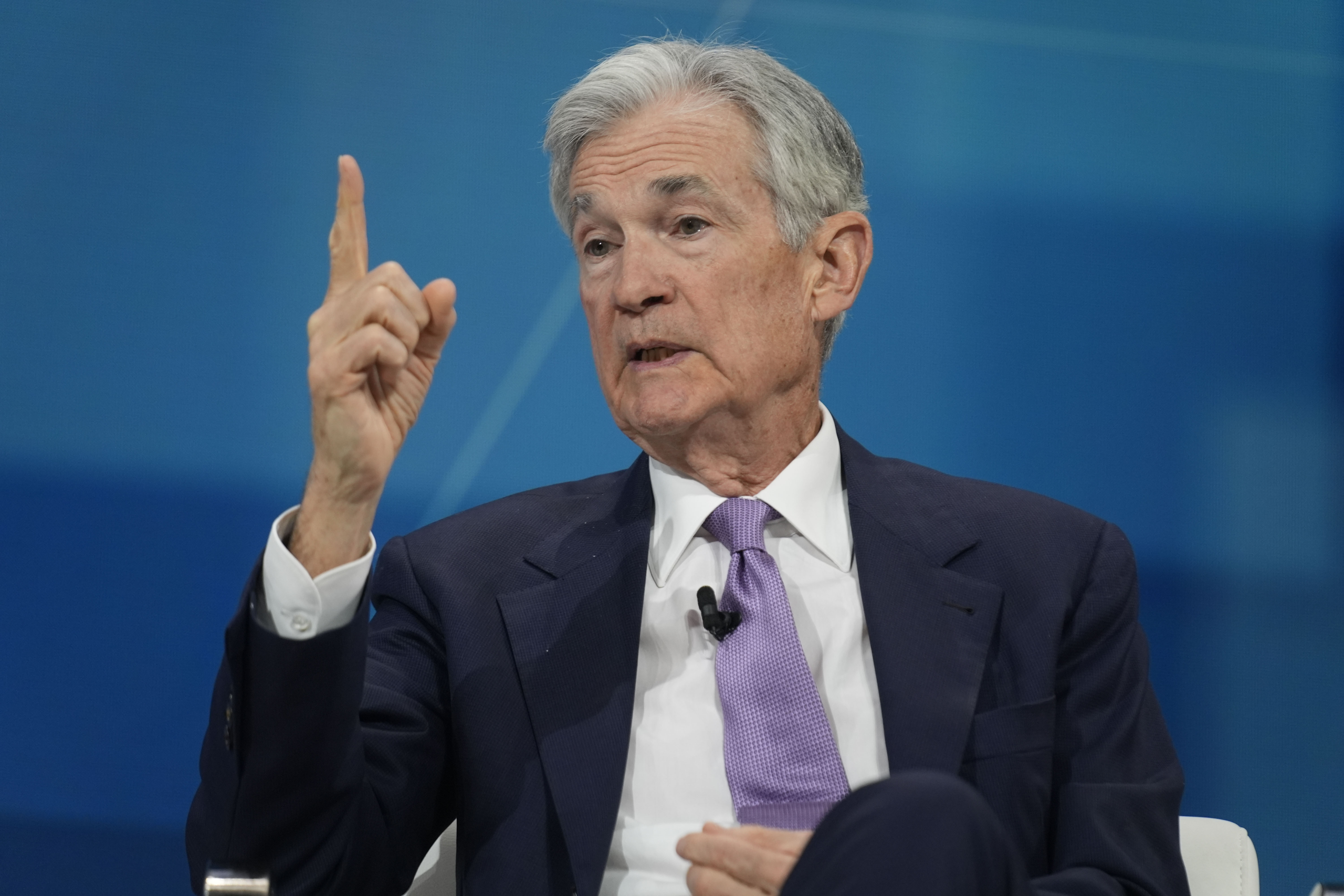November CPI inflation data meets forecasts, cementing Fed rate cut bets

New inflation data out Wednesday showed consumer prices rose as forecast in November, keeping the Federal Reserve on track to lower interest rates again in December.
The latest data from the Bureau of Labor Statistics showed that the Consumer Price Index (CPI) increased 2.7% over the prior year in November, a slight uptick from October's 2.6% annual gain in prices. The yearly increase matched economist expectations.
The index rose 0.3% over the previous month, ahead of the 0.2% increase seen in October and also on par with economists' estimates.
On a "core" basis, which strips out the more volatile costs of food and gas, prices in November climbed 0.3% over the prior month, matching October, and 3.3% over last year for the fourth consecutive month.
Core inflation has remained stubbornly elevated due to higher costs for shelter and services like insurance and medical care. Used car prices also saw an uptick month over month, rising 2% in November amid a rebound in auction prices.
Although inflation has been slowing, it has remained above the Federal Reserve's 2% target on an annual basis.
The election of Donald Trump as the nation's next president has further complicated the outlook, with some economists arguing the US could face another inflation resurgence if Trump follows through with his key campaign promises.
Trump's proposed policies, such as high tariffs on imported goods, tax cuts for corporations, and curbs on immigration, are considered by economists to be potentially inflationary. Those policies could further complicate the Federal Reserve's path forward for interest rates.
Immediately following the report, markets continued to price in another 25 basis point cut at the central bank's meeting next week, with the odds of a cut increasing to 97% from about a 89% chance one day prior.
Shelter moderates, food remains sticky
Notable callouts from the inflation print include the shelter index, which rose 4.7% on an unadjusted, annual basis, lower than October's 4.9% increase. The index rose 0.3% month over month after rising 0.4% in October.
Shelter contributed to nearly 40% of the monthly increase in overall inflation, the BLS said. Sticky shelter inflation has largely been blamed for higher core inflation readings, according to economists.
At Yahoo Finance's Invest conference last month, Minneapolis Fed president Neel Kashkari categorized housing inflation as "the big elephant that is still out there" but did say he's confident price increases will slow as new leases are signed at lower rates.
Breaking news
See all






